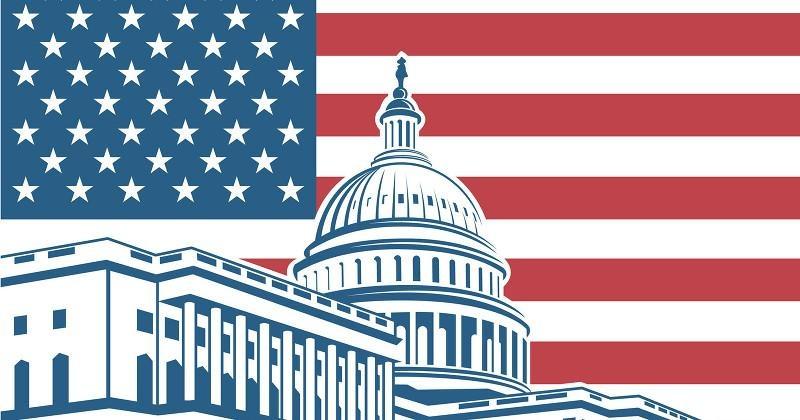
The selection of Brett Kavanaugh for the Supreme Court will have less of an impact on November’s midterms than you think. Sure, depending how the confirmation process develops, it’s possible the nomination could affect a handful of races, but the most likely scenario will not change the overall trajectory of the November elections.
Scenario 1 — Party-line pressure
The most likely outcome of the Kavanaugh nomination involves all 50 Republican senators voting to confirm him to the Supreme Court (with John McCain not voting).
After much hemming and hawing, the two Republican senators most apt to withhold their support, Maine’s Susan Collins and Alaska’s Lisa Murkowski, will ultimately back the nominee, saying they are comfortable with his record and temperament. Both of them voted to confirm Kavanaugh in 2006 when he was nominated to the D.C. Circuit Court of Appeals.
That’s all the support Kavanaugh needs to be confirmed.
At that point, a handful of Democratic senators up for re-election this year — most notably Heidi Heitkamp of North Dakota, Claire McCaskill of Missouri, Joe Donnelly of Indiana, Joe Manchin III of West Virginia and Bill Nelson of Florida — will have to decide whether to support the nomination to improve their argument that they are “independent” and “moderate,” or to oppose it to ensure that their bases remain strong and that liberal voters (who despise President Donald Trump and might see a vote for Kavanaugh as treason) turn out in November.
Each of those Democrats will have to decide what to do, and all of their choices involve risk. But their situations would be much worse if their votes were needed for confirmation.
Of the three scenarios presented here, this is clearly the best for the Democratic Party.
Kavanaugh would be confirmed, and voters’ attention could return to Trump’s behavior, health care, tariffs and other issues.
Just as important, Democrats would be angry across the country and looking to even the score following the White House’s victory.
They would once again have an enthusiasm edge over Republicans, who could no longer make the midterms a referendum on the Supreme Court and would tend to feel as if they had won the war, not just a single battle.
It’s easier to motivate angry voters than those who are satisfied.
Scenario 2 — Democrats in demand
The second scenario is like the first, except with one or two Republicans opposing Kavanaugh, thereby putting Democratic senators in Republican states in the hot seat.
This scenario is terrible for those vulnerable Senate Democrats, who must either vote against the nominee in states where voters are likely to view Kavanaugh and Trump favorably or risk alienating their Democratic supporters by playing a direct role in the confirmation of a judge that many rank-and-file Democrats find wholly unacceptable.
If McCaskill, Heitkamp, Donnelly and Manchin vote against confirmation and the GOP comes up a single...

